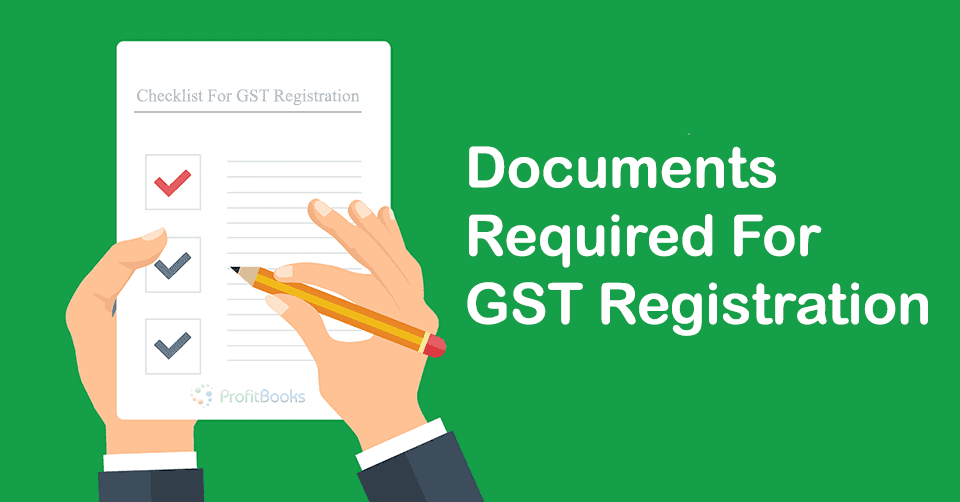Are you gearing up to register for GST (Goods and Services Tax) in India? Ensuring you have all the Documents Required for GST Registration ready beforehand can streamline the process and save you valuable time. GST registration is mandatory for businesses whose turnover exceeds a certain threshold, and having the right documents in place is crucial for a hassle-free registration experience. Here’s a comprehensive guide to the documents you’ll need to complete the GST registration process:
Essential Documents Required for GST Registration
1. Identity and Address Proof of the Applicant:
– For Individuals: Aadhar card, PAN card, passport-sized photograph.
– For Companies: Incorporation certificate, PAN card of the company, identity and address proof of directors, passport-sized photograph of authorized signatory.
2. Proof of Business Registration:
– For Sole Proprietorship: PAN card, identity and address proof of the proprietor.
– For Partnership Firm: Partnership deed, PAN card, identity and address proof of partners.
– For LLP (Limited Liability Partnership): LLP agreement, PAN card, identity and address proof of designated partners.
– For Companies: Certificate of incorporation, Memorandum of Association (MOA), Articles of Association (AOA), PAN card, identity and address proof of directors.
3. Address Proof for Place of Business:
– Rental Agreement or Lease Deed: In case the business premises are rented.
– Electricity Bill or Property Tax Receipt: Proof of ownership or occupancy of the premises.
4. Bank Account Details:
– Bank statement: First page of passbook or bank statement showing the name of the account holder, account number, address, and few transactions.
5. Authorization Letter:
– In case the application is filed by an authorized signatory, a letter of authorization from the partners, directors, or proprietors is required.
6. Digital Signature Certificate (DSC):
– For private limited companies, LLPs, or OPCs (One Person Company), a Class 2 DSC is mandatory for signing the application electronically.
7. Other Documents:
– Business-specific documents like GSTIN (if already registered under the previous regime), Import-Export Code (IEC) (if applicable), NOC (No Objection Certificate) from the landlord (if applicable).
It’s essential to ensure that all the documents are accurate, complete, and up-to-date to avoid any delays or complications during the registration process. Additionally, businesses operating in multiple states may require additional documentation as per the respective state laws.
Once you have gathered all the necessary documents, you can proceed with the online GST registration process through the GST portal (www.gst.gov.in). Remember to keep digital copies of all the documents handy for uploading during the registration process.
“If you’re in need of GST registration services, look no further. The Startup Gig is here to assist you every step of the way. Our team of experts can help you navigate through the documentation process, ensuring that you have all the necessary paperwork in place for a smooth registration. With our assistance, you can streamline the process and focus on growing your business with confidence. Contact us today to get started on your GST registration journey.”
In conclusion, GST registration is a crucial step for businesses operating in India, and having the right set of documents ready can make the process smoother and more efficient. By ensuring compliance with the document requirements, businesses can avoid penalties and legal hassles in the future, thereby fostering a conducive environment for growth and success.





